Getting families engaged with their kids’ schoolwork and activities might seem easier in a tiny school district than in a sprawling one. But, small or not, when a district’s ESL (English as a Second Language) population swells from less than 2 percent to 11 percent in five years, family engagement becomes more of a challenge.
That was the situation Cornell School District faced when our Collaborative for Student Success began work a year ago. All six participating districts—including Burrell, Deer Lakes, Greensburg Salem, Jeannette City and Woodland Hills, as well as Cornell—targeted family engagement as a top priority.
But while others began outreach efforts with community meetings or pulled together parent groups to help lead the charge, Cornell, with a student body of fewer than 600 and an already tight-knit community, had to first break down language barriers.
To do so, they launched a language tutoring program in partnership with Literacy Pittsburgh, enlisting ESL students to take information to parents and guardians and gauge interest.
Like all Collaborative members, they bounced ideas off peers from other districts and solicited feedback to plan the effort.
So far, it’s meeting with success, said Superintendent Aaron Thomas, Ed.D. Of the ESL students’ families, half expressed interest. Follow-up orientation meetings enabled the district to divide those who plan on attending tutoring sessions in the fall into two groups based on the level of their language skills.
At a Collaborative debriefing in February, Kris Hupp, Ed.D., Cornell’s Director of Technology & Instructional Innovation, said even bringing these parents into one of the district’s buildings was a win. “The hope is, it will make them more comfortable coming for events,” he noted.
Thomas said the district realized that language tutoring also was essential for many of the ESL families to access essential community services. He cited an instance where a language barrier delayed one student’s family from getting him needed medical care for three days.
With the 2022-2023 school year now ahead of them, Cornell and other districts in the Collaborative will continue evaluating their family engagement initiatives and begin planning other phases of their work.
In addition to family engagement, the Collaborative has two other focus areas including improving school design and enhancing students’ career readiness.
The Consortium facilitates discussion among districts in the Collaborative, supports them with research and connects them to outside resources. All of the work is part of an 18-month project the Consortium undertook with support from the Richard King Mellon Foundation.
Some work beyond family engagement already has begun, including adoption of personalized learning strategies in at least one district, implementation of standards-based learning in a couple of others and establishing business partnerships to improve career learning opportunities.






